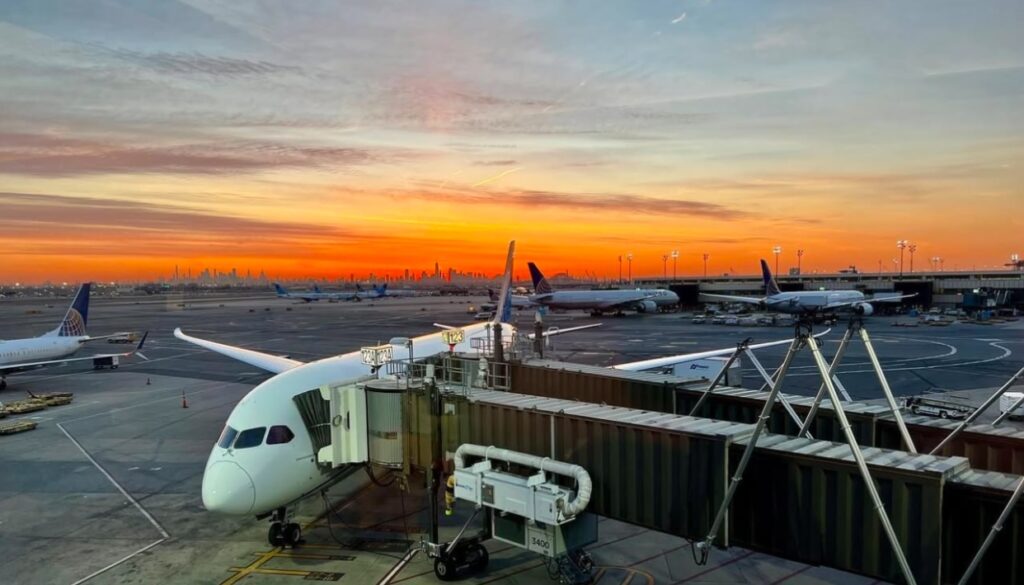STRATEGY FOR TRAVELLERS
Long flights can take a toll on your body. After long hours of being cooped up in a plane, you are likely to feel tired, stressed, and probably worn out. It’s an unavoidable situation, but it can be effectively managed with a few tips and strategies.
Jet lag can also be referred to as desynchronosis, which is a sleep disorder that can affect those who travel quickly among multiple time zones.
It is a temporary sleep disorder that happens when the body’s internal clock is out of sync with cues from a new time zone; these could involve eating times and light exposure. Some of the symptoms that can be used to deduce this disorder, which is usually self-diagnosable, are fatigue and difficulty concentrating. One may experience excessive sleeping or insomnia, whole body fatigue, indigestion, irritability, or headaches.
Jetlag can affect mood, physical and mental performance, and concentration. Even children can be affected, so it’s necessary to take active measures to prepare for it and also prevent it.

Some vital activities are needed to be done to overcome jet lags before, during and after arrival, these borders on what you consume, and your overall activities. The following points are grouped into three categories, before, during and after your arrival and can be used to manage and overcome jetlag and its symptoms.
BEFORE TRIP –
- Adjust your sleep schedule- try to adjust your sleeping schedule a few days before traveling to the new time zone.
- Avoid heavy meals- You should only eat light meals before traveling to avoid discomfort or stomach upset during the flight.
- Pack comfortable clothing and pieces that will keep you warm and relaxed during the long, cold flights, as this can help you get some good rest during the flight.

DURING TRIP –
- Stay hydrated and drink a lot of water- you would need to drink a lot of water before and during your travel to stay hydrated. have a bottle of water with you and sip it through your flight, it’s also important to avoid coffee and alcohol as these can make you dehydrated.
- You should also hydrate your skin with rich moisturizing creams because your skin is bound to get dry and irritated during long flights.
- Stay active- Move around the cabin to reduce blood clots and stiffness
- Use earplugs and an eye mask- These can be used to block out noise and light to sleep better.
- Take naps when you can, as this can help you rest and reset your body clock to the new time zone.
- Wear comfortable clothing and socks, and scarfs to keep you warm throughout your trip.

AFTER TRIP –
- Stick to local time – Adjust your body and sleep schedule to the local time zone as soon as possible.
- Get sunlight- It’s been scientifically proven that exposure to sunlight helps to regulate your circadian rhythms and reset your internal clock; it is the most powerful natural tool for adjusting the sleep-wake cycle. Morning light exposure can usually help you adjust to an earlier time zone after traveling east. Evening light helps you adapt to a later time zone after traveling west.
- Take a power nap- a short nap of 20- 30 minutes can help refresh you and make you feel rejuvenated, but avoid napping close to bedtime.
- Stay active- Engage in physical activities like taking walks, exercising, and yoga to help your body adjust properly.
- Avoid screen times before bed- Exposing your eyes to screens before bedtime can interfere with your sleep schedule and keep you up, so it’s important you put away screens hours before bedtime to sleep properly.
- Jetlag apps- You can make use of jetlag apps to help you overcome jetlag, such as calm, timeshifter, stop jetlag, and uplift.

It is important to listen to your body and adjust your approach as needed; remember that it is all about preparation, adjustment, and patience.
By incorporating these simple yet effective tips into your travel routine, you’ll be well on your way to minimizing the effects of jet lag and arriving at your destination feeling refreshed, revitalized, and ready to take on whatever adventures await.
Key Takeaways:
• Prepare your body before travel by adjusting your sleep schedule and staying hydrated
• Stay active, avoid heavy meals, and limit caffeine and alcohol during travel
• Adjust to local time as soon as possible and get some morning sunlight
• Take power naps, stay active, and avoid screens before bed
• Consider melatonin supplements and use jet lag apps for personalized advice
Final Tips:
• Be gentle with yourself and allow your body time to adjust
• Stay flexible and adapt to any unexpected challenges
• Enjoy your travels, and don’t let jet lag hold you back!
By following these guidelines, you’ll be well-equipped to tackle the challenges of jet lag and make the most of your travels. Happy travels, and may your journeys be smooth and enjoyable!




